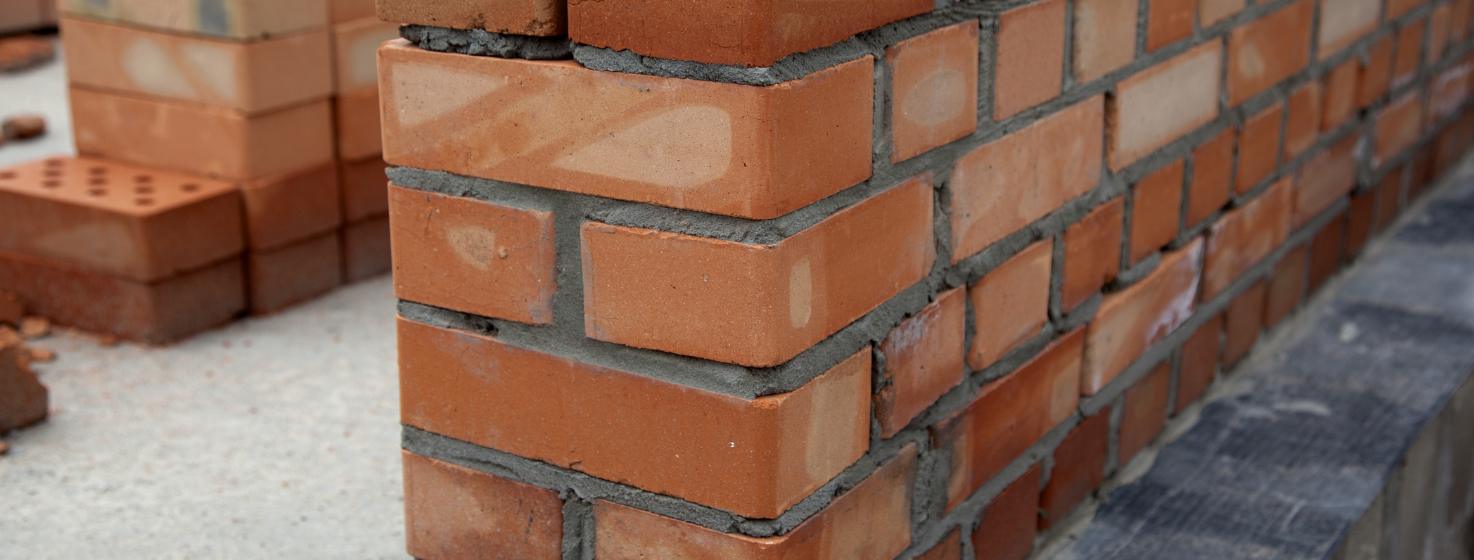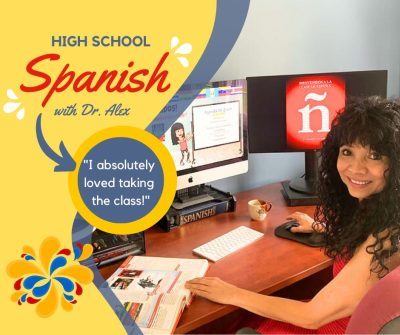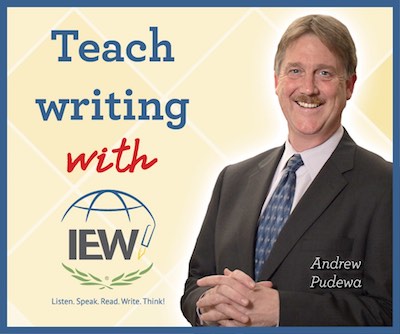Gearing up for the 2024 Legislative Session
A September 5th CATO Institute briefing correctly differentiates various states’ ESA (Educational Spending Account) legislation by how they do or do not protect privately-funded homeschooling. West Virginia is one of several states that has successfully preserved a dividing line between privately-funded homeschoolers and publicly-funded students – a line that is not altogether secure in WV. In sum, the briefing reports that “there are now 25 voucher programs in 14 states, the District of Columbia and Puerto Rico.” ESAs through “School Choice” are growing rapidly across the nation.
Mike Donnelly, former senior counsel with HSLDA and WV attorney, worked diligently with CHEWV to maintain a wall of legal separation when Hope Scholarship legislation, West Virginia’s first ESA program, passed three years ago. CHEWV established this wall as a “nonnegotiable” under all scenarios, and legislators heartily agreed to the separation.
However, a mere two years after passage, legislative attorneys were at work trying to remove the wall. During the 2023 WV Legislature, homeschoolers were blind-sided when the wall was nearly obliterated with no advance notice or discussion between the writers of HB 3408 and the homeschool families it would inexorably affect. CHEWV reacted quickly and worked intently in order to shore up the rapidly-crumbling wall. By the grace of God, the effort to destroy the wall was defeated – at least for that legislative session.
Why is this wall of separation so important? Because ESA students are necessarily “supervised” in some manner.
Right now, West Virginia’s ESA regulation is minimal – albeit not absent. From its inception, Hope IIP students have enjoyed much of the liberty that private homeschoolers have won through many years of hard work. But as the number of school-aged children unavoidably declines due to decreasing birth rate, and as more and more families opt out of brick-and-mortar public schools, the number of teachers in the public school system will become disproportionately high. (School populations have been temporarily enlarged with the push for expanded preschool, but this is not a cure for the long-term downward trend in school populations.)
The more the public education system begins to struggle, as seen this year with WVU for example, the more certain it is that employees will understandably be scrambling to protect their jobs. As a result, they (and their powerful unions) will consider how to gather back students who are outside of the physical schools, and those receiving public funds would be the logical first target.
If there is an effort to bring Hope students back into the fold, or to make it less attractive to be a Hope recipient by adding more regulation and supervision, private homeschoolers don’t want to be dragged along in the fray.
If nothing like that ever happens, then nothing is lost by the wall of separation. If something like that does happen, the wall of separation will be imperative.
The truth is that the “safety net” of private homeschooling benefits all WV families, whether they homeschool or not. It is not, and never should be, connected with state education funds.
Did you know?
“The first six months of 2023 saw five new ESA programs and three ESA expansions passed throughout the country…”
Public funding of formerly private education options is growing exponentially throughout the nation. West Virginia is not unique with its Hope funding; it’s merely following a nationwide trend promoted by nationwide organizations.









Recent Comments